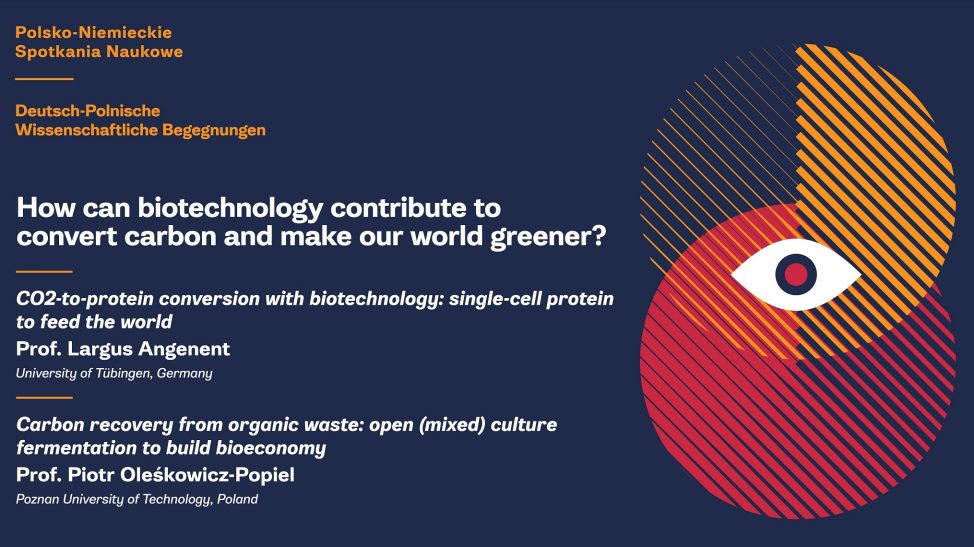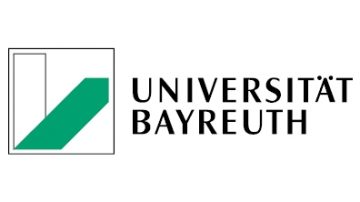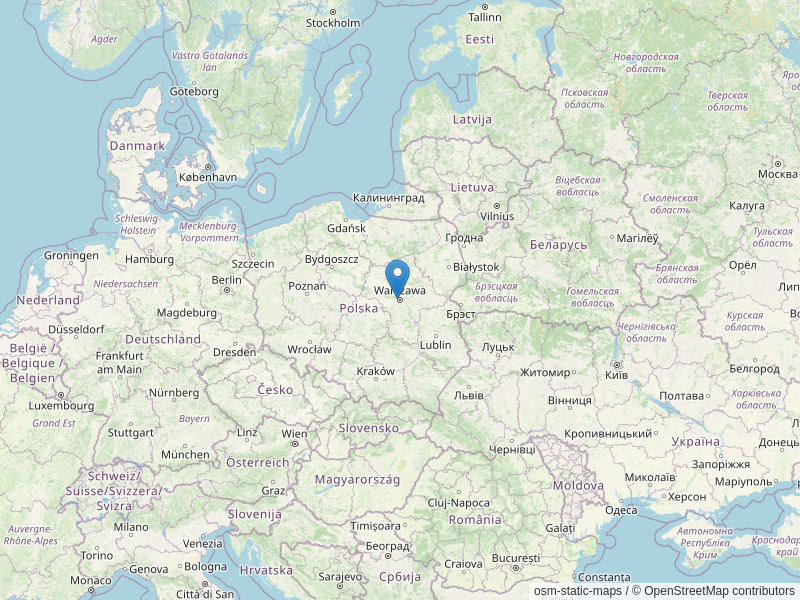How can biotechnology contribute to convert carbon and make our world greener?

Leibniz Prize awardee Prof. Largus Angenent and Prof. Piotr Oleśkowicz-Popiel elaborate on latest research findings and talk about opportunities for bilateral cooperation and scientific careers in the field.
The conventional agri-food sector considerably contributes to climate change and is responsible for 30% of global greenhouse gas emissions, utilizing half of the world’s habitable land. Land use alterations, particularly inefficient water usage in plant growth for animal feed, exacerbate climate impact beyond gas emissions. With its resource-intensive nature, animal husbandry notably emits potent greenhouse gases, such as CH4 and NO2, besides CO2. Our initiative introduces a carbon-neutral food production platform encompassing bulk protein production with single-cell yeast of fungi. Our innovative approach centers on acetate, which is a two-carbon molecule derived from renewable energy-produced H2 and captured CO2. We aim to develop an affordable protein product with optimal functional food properties.
Human activity is the major driver of climate change which has impact on food production, migration patterns, public health, economic and political stability. At the same time modern societies are losing great amount of carbon in form of organic waste, wastewater and CO2 which all could be recovered and returned back to the society while preventing or minimizing the use of fossil resources. The future of the current petroleum and chemical industry is in bio-based alternatives. For the bioeconomy to be efficient and cost effective at a large scale, new biotechnologies must be developed and open (mixed) culture fermentation is one of them.
18:00 Powitanie
18:15 Część merytoryczna i dyskusja
19:30 Poczęstunek
Polsko-Niemieckie Spotkania Naukowe
„Polsko-Niemieckie Spotkania Naukowe” to wspólna inicjatywa Ambasady Niemiec w Warszawie, Societas Humboldtiana Polonorum, Niemieckiego Instytutu Historycznego oraz Niemieckiej Centrali Wymiany Akademickiej DAAD. W ramach cyklu cztery razy w roku odbywają się spotkania z wybitnymi polskimi i niemieckim naukowcami różnych dziedzin.








